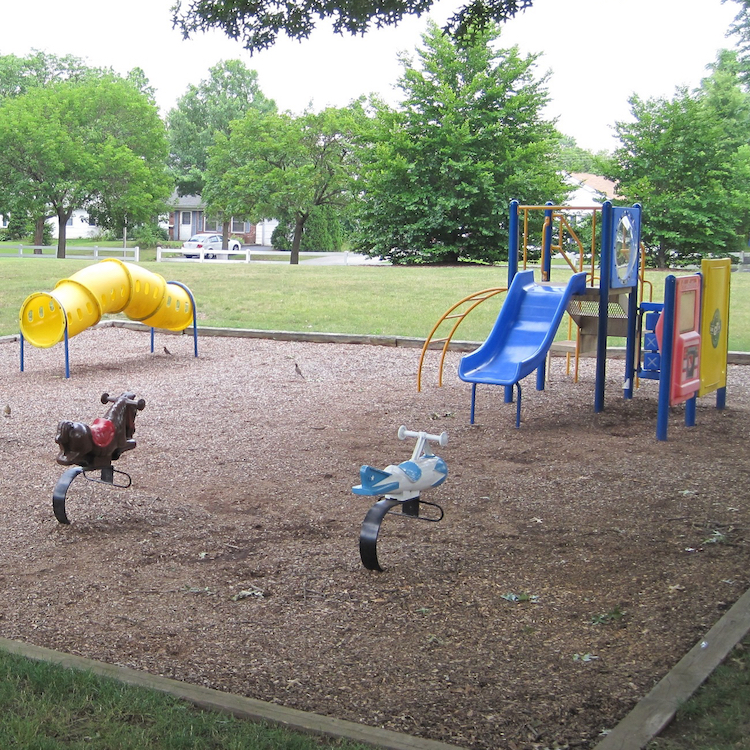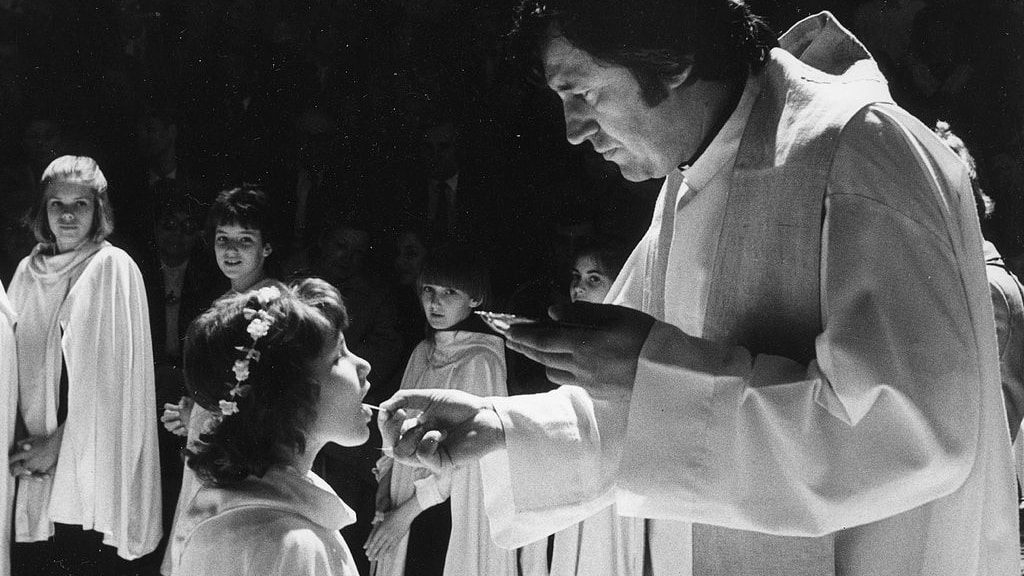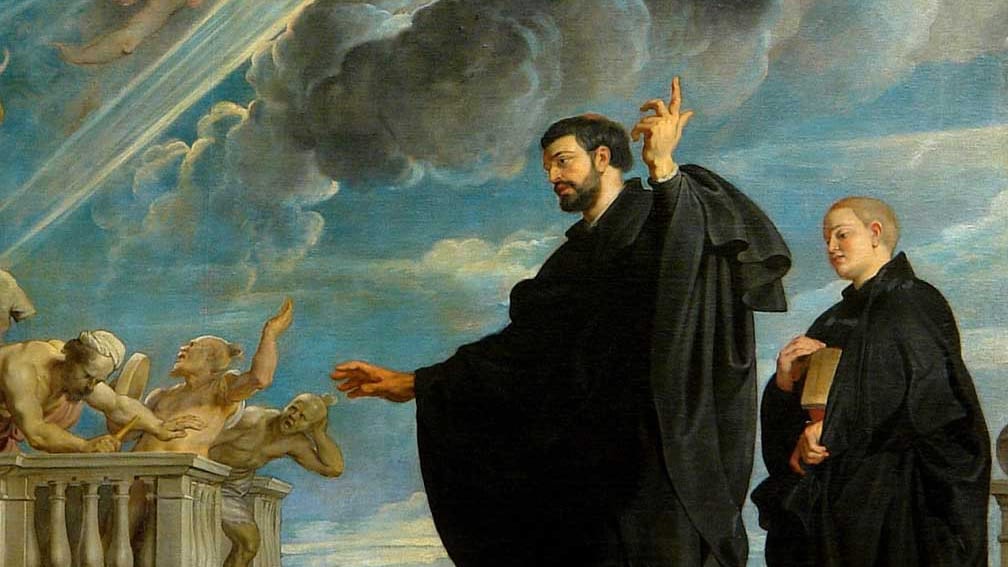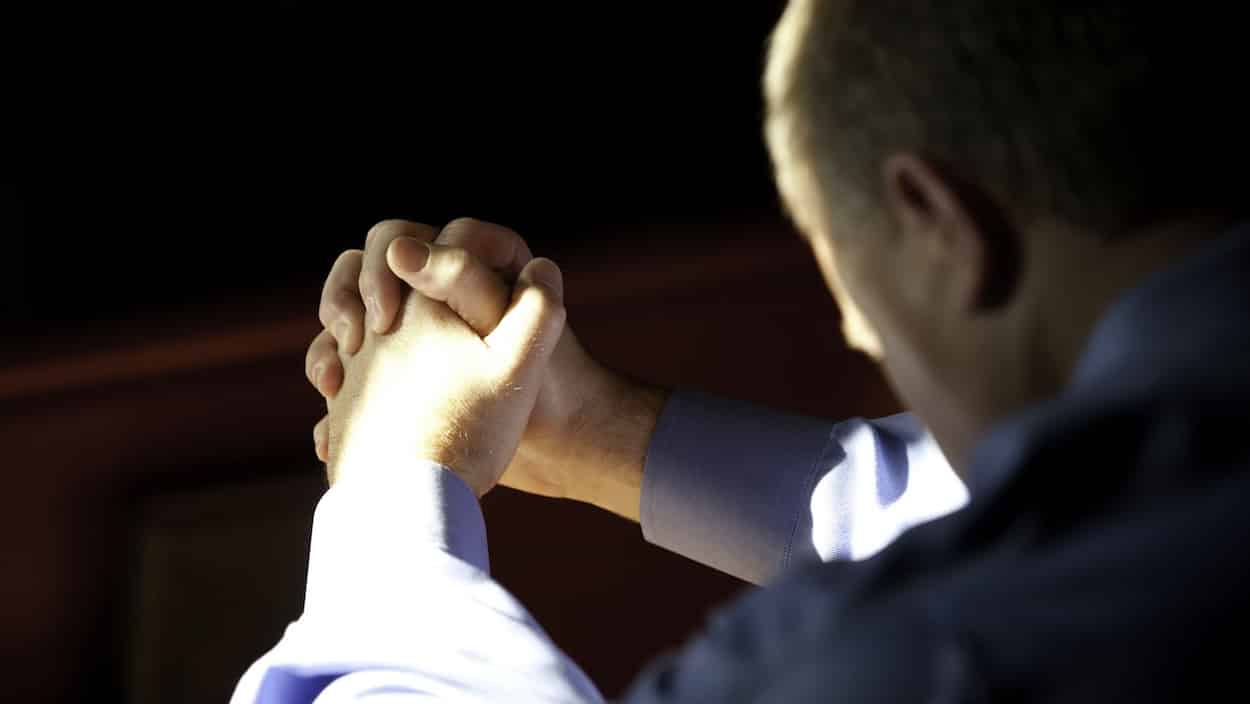The new millennium began with the devastating and psychologically damaging attacks on 9/11, followed by a decade of lost and confusing wars on terror, amidst the general decline of American cultural life. This has given many cause to revisit our fundamental religious beliefs with a new urgency.
Years ago Robert Fulghum wrote a best seller entitled, Everything I Needed to Know, I Learned in Kindergarten. I can top him easily! His book reminded me of the third question in my first-grade religion book, the sorely missed Baltimore Catechism. Succinctly, it asked Why did God make me? This may be an elementary question but it is one pregnant with deep philosophical and theological mysteries that have sparked bitter debates, wars and persecutions for two millennia.
The answer my 6-year-old mind was given was To know, love and serve Him in this life and be happy with Him in the next life. It is a simple yet profound thought that provokes serious soul-searching into the meaning and direction of one’s life. If we really believe it, everything else we do, crave, strive for, lust after or sell our souls for to paraphrase St. Thomas Aquinas on his 14th- century deathbed, is cotton candy.
I wonder how many of the 50 Catholic 6-year olds that learned this basic question with me in 1949 still believe its inherent wisdom. Given the intellectual and moral drift of this past half century, I fear not too many. American cultural life has suffered a regression that has warped our very institutions, such as our Constitution, political process, the sacrament of marriage and even the meaning of the English language.
Thanks to the putative rigidity of some religious strictures and a long-range decline in organized religion and its devotions and practices, the left has made measured progress in the unfinished business of the French Revolution’s subversion and relegation of all religious values to the ashcan of history.
Most Americans are essentially seekers, looking for that spiritual lift that will help them get through the dark nights of doubt, fear and insecurity that plague mostly everyone. Without the support of religion and a moral compass, they are left to flounder aimlessly on a beach of doubt and despair. Unfortunately millions of Americans have chosen the winding, lazy road of shallow thinking and empty spirituality to fill the existential void the decline of religion has created.
In search of an inner holiness they have substituted a New Age spirituality for the black-and-white honesty of the Baltimore Catechism. Their refrain of I’m OK, you’re OK is nothing more than a jargon of psychobabble that provides nothing more than the warm and fuzzy feeling of thinking oneself a good person for helping the poor build a house or two. Too many pride themselves on these good feelings while ignoring a slough of sordid personal behaviors that would make a Marine blush.
A real commitment to the Catholic faith and a mature belief in the afterlife has seemingly descended into the dark void of society’s self-consciousness. This trend is arguably in league with the world’s pagan forbears, who made gods out of the sun, rivers and anything in nature that they feared or respected. In doing so they have lost sight of their reasons for being born.
We have forgotten the Baltimore Catechism because few teach it any more. The sad fact is that without the longstanding anchor the catechism once provided, it is just too easy for people to float adrift with nothing more than their own petty selves to cling to. Having lost or discarded the basic metaphysical knowledge in the third question of the catechism, too many Catholics have no clue why their lives don’t seem to make any sense. Unless the Church returns to that vital third question in the Baltimore Catechism, there will be little hope for any real progress in human rights and the end of futile wars.








